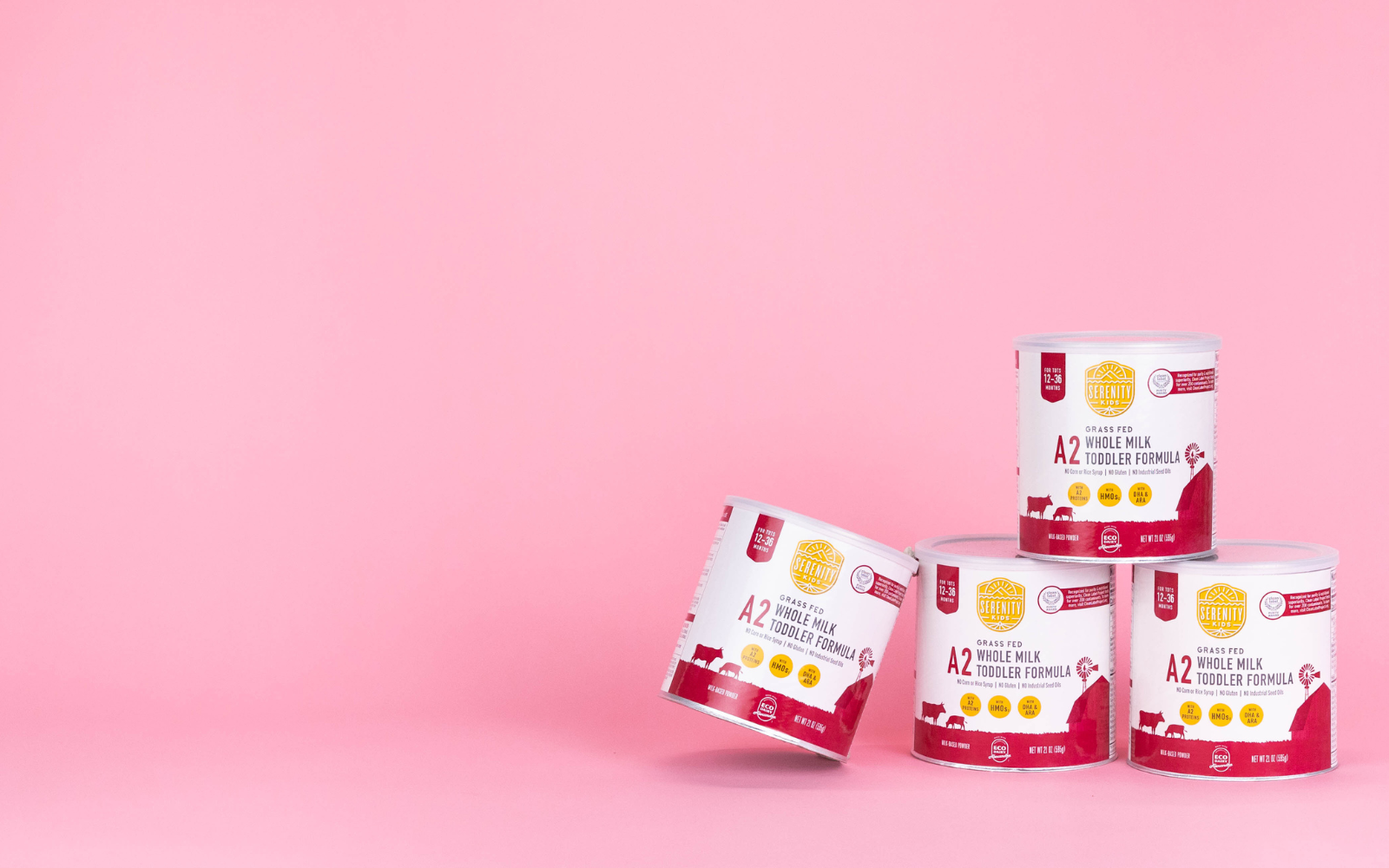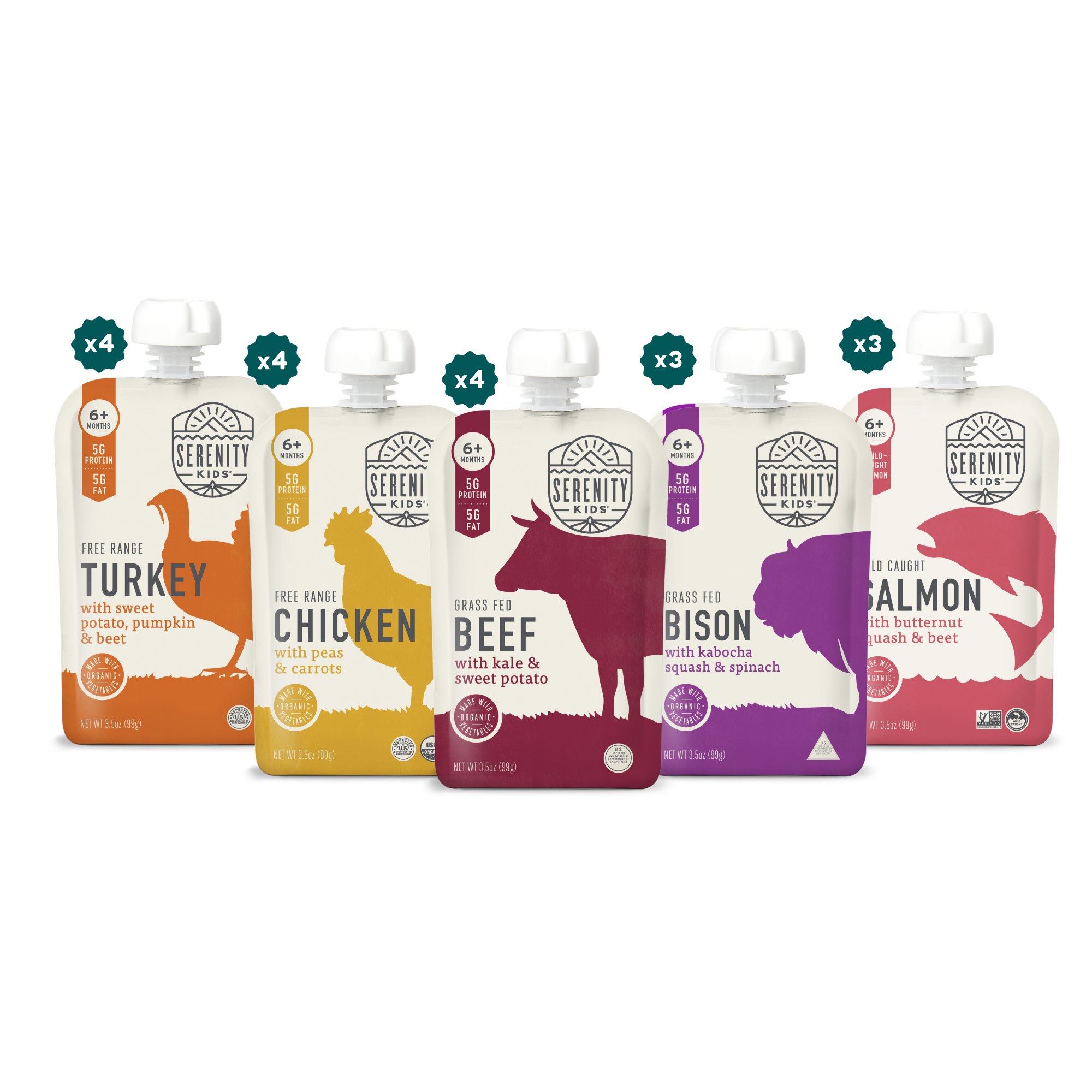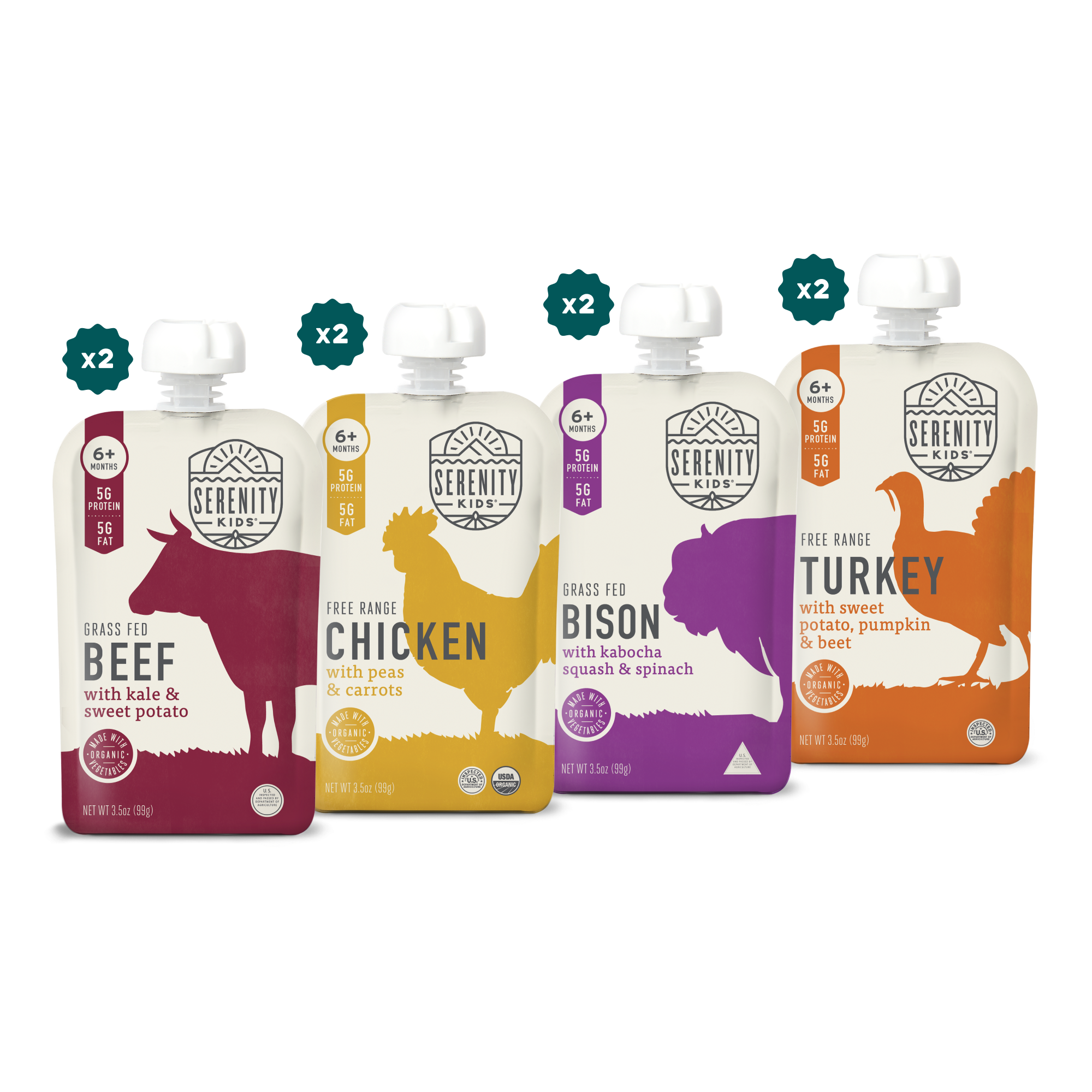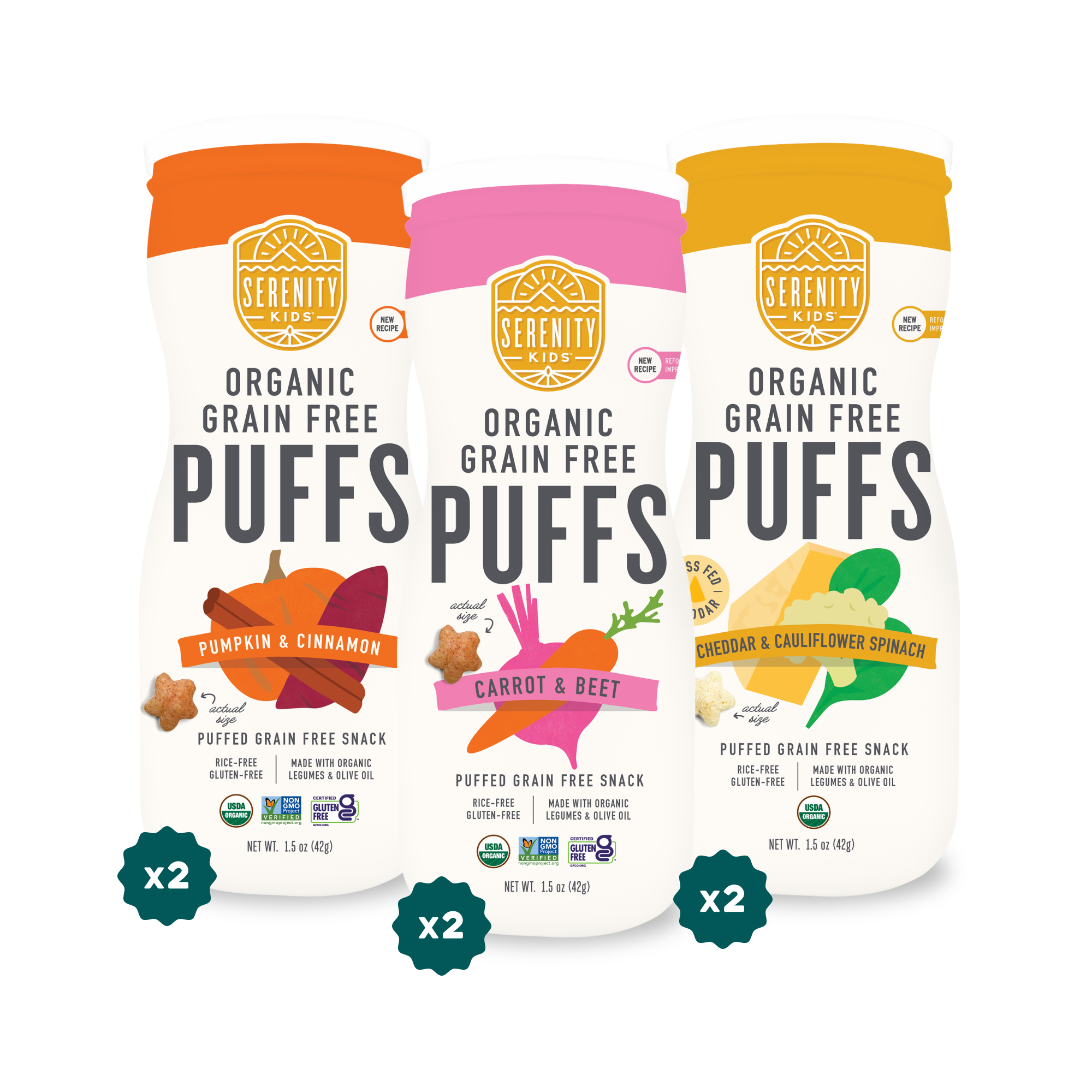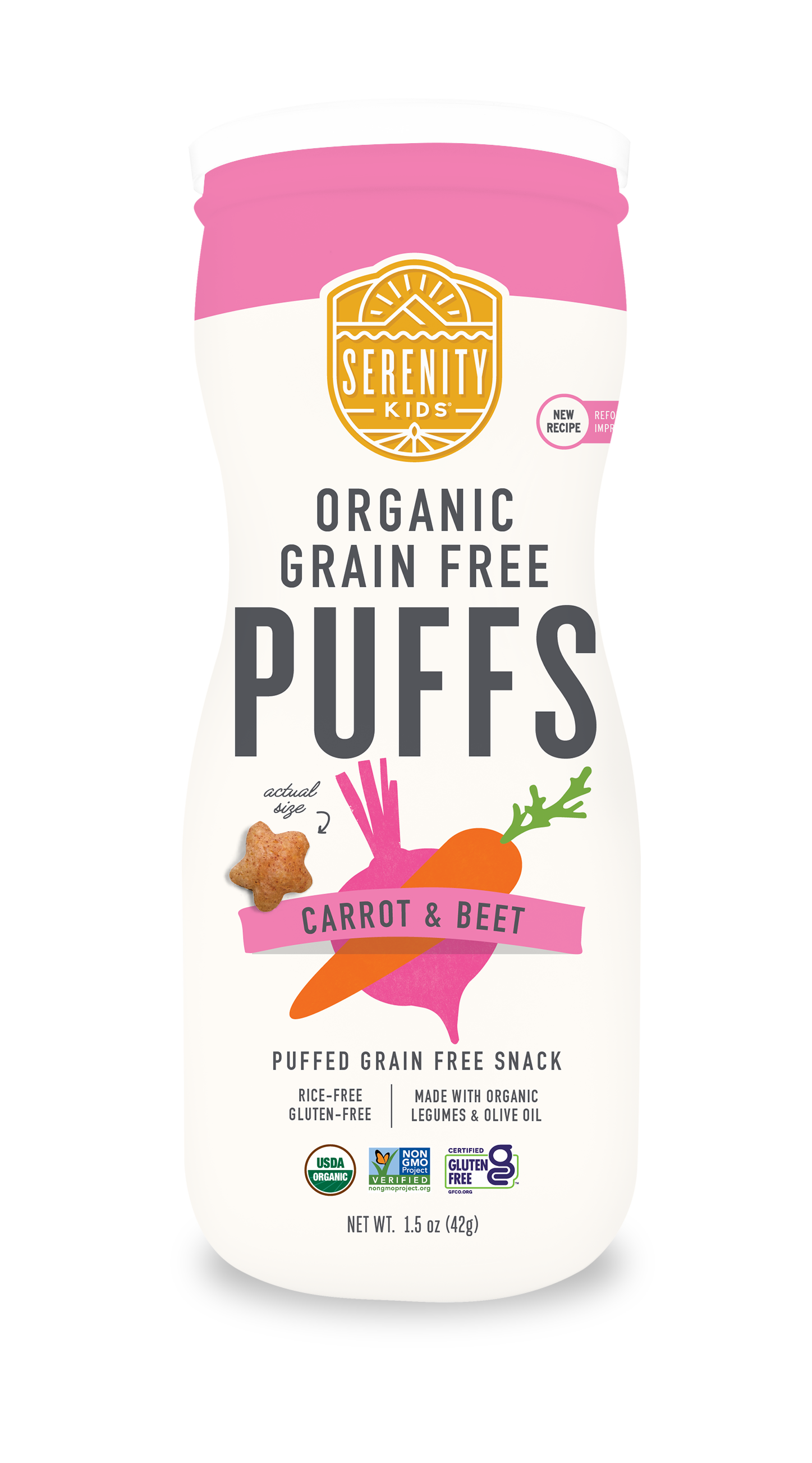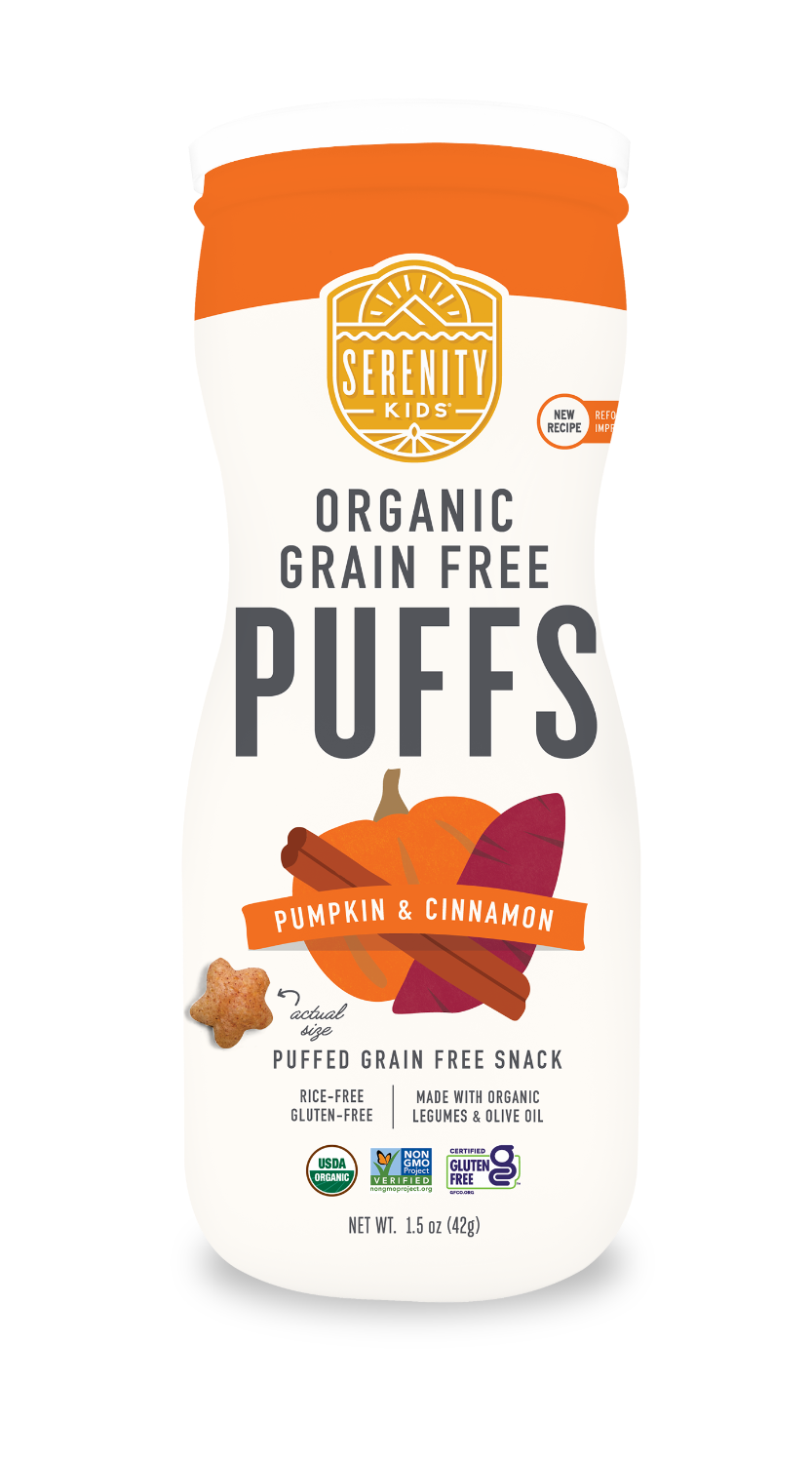Are you as fired up about the formula crisis as we are? Help end the oligopoly that created it by speaking up to the Federal Trade Commission (FTC)—we’ll be right alongside ya. Keep reading for more info, but head's up comments should be submitted to regulations.gov and must be received no later than Friday, June 24, 2022 by 11:59pm ET.
MAKE YOUR VOICE HEARD
The domination three large companies have over the infant formula supply leaves our babies vulnerable to future shortages, and the only solution is to diversify the infant formula space.
As a baby food + formula company dedicated to the health of America’s children (thanks to prioritizing real, nutrient-dense farm-to-high-chair ingredients), we believe there are effective ways to ensure the nutritional quality and safety of an infant formula that does not create such a large barrier to entry—especially for small companies like us.
Our Grass Fed A2 Whole Milk Formula
In mid-2021, we launched our Grass Fed A2 Whole Milk Formula, and it has already improved the lives of thousands of little ones–and parents–many of whom turned to our formula during this crisis.
However, because of the FDA’s current infant certification process, we are only allowed to label our product a “Toddler Formula” and market it to babies 12m+. This severely limits our ability (and other like-minded companies) to produce and provide product in large quantities, which could have alleviated some of this year’s formula shortage.
LEARN MORE ABOUT OUR FORMULA
Why It's So Complicated
The FDA requires infant feeding studies that take over three years and several million dollars to complete, even when a formula’s ingredients are already proven safe. This makes it incredibly hard for small innovative companies like us to get approved. The U.S. is the only country in the world (that we know of) that requires these final formulation studies.
Europe leads the world in food safety requirements, and they don’t require full-scale clinical trials as long ingredient benefits can be proven through scientific evidence. Because of this, formulas composed of these ingredients that meet their safety and nutritional standards are approved and brought to market faster. We want the U.S. to adopt a similar process that would encourage innovation and competition, and allow more companies like ours to quickly bring nutritious and safe infant formulas to market.
MAKE YOUR VOICE HEARD
Dear FTC: We Demand Change
Join us in speaking up and out to the FTC (repost the photo above to your social media channels to advocate alongside us!)
Click THIS LINK to make your voice heard! Comments should be submitted to regulations.gov and must be received no later than Friday, June 24, 2022 by 11:59pm ET.
We know you’re a busy parent, so we’ve made the process even easier for you…
Copy & paste the following message (editing as you see fit):
______________________________________________________________
Dear Members of the Federal Trade Commission,
I’m writing to ask that you help end the oligopoly that created this formula shortage crisis by making it easier for small, innovative companies to get safe, quality products approved as infant formulas.
The single biggest barrier to entry is the FDA’s requirement of an infant feeding study process even when there is already adequate scientific data that demonstrates a formula’s ingredients are safe.
Please work with the FDA to reform this requirement with an infant formula certification process that is safe and thorough and also encourages innovation and competition.
Sincerely,
FIRST NAME, LAST NAME
______________________________________________________________
SUBMIT YOUR STATEMENT HERE
As both parents and as a company, little ones’ health and safety is always our number one priority. Cheers to feeding babies quality formula and demanding greater access to it! We can’t thank you enough for your continuous support and for rallying with us for change—because #EverySipCounts.
P.S. Here is our public comment to the FTC:
Dear Members of the Federal Trade Commission,
As a baby food and formula company dedicated to the health of America’s children, we commend you for leading the charge to understand what caused this formula shortage crisis and prevent it from happening again.
We are clear that the oligopoly three large companies have over the infant formula supply leaves our babies vulnerable to future shortages, and the only solution is to diversify the infant formula space. Serenity Kids is prepared to be one of the companies to add this diversity and bring innovative formula products to market.
We at Serenity Kids developed a revolutionary new formula, made in the United States from the highest quality, nutrient-dense ingredients. Using recent, cutting-edge scientific studies, we have created a formula more similar to breastmilk than any other. Ours contains a 2:1 whey to casein ratio as well as a balance of proteins, carbohydrates, essential fatty acids, prebiotics, vitamins, and minerals to support growth and development. We launched our formula in mid-2021, and it has already improved the lives of thousands of parents and children. Many of whom turned to our formula during this crisis.
However, because of the FDA’s current infant certification process, we are only allowed to label our product a “Toddler Formula” and market it to babies 12 months and up. This severely limits our ability to produce and provide this amazing product in large quantities, which could have alleviated some of this year’s formula shortage.
The FDA requires the completion of infant feeding studies that monitor physical growth (21 CFR 106.96), an elaborate process that for innovative formulas takes 3-4 years and several million dollars to complete. The infant feeding study requirement is the single biggest barrier to entry for innovative formula makers like us to launch infant formulas in the U.S.
We meet the FDA’s 29 vitamin and mineral nutrient ranges as well as the production requirements for infant formula, and we are currently in the process of applying for temporary approval to market to infants under the Infant Formula Enforcement Discretion Policy and hope to achieve it quickly.
The European Union does not require these final formulation studies (nor any other country we know of) unless an ingredient is significantly different from previously approved-to-market ingredients for formulas. They utilize published peer-reviewed studies and update regulations every few years based on science-backed findings on infant nutritional needs. By not requiring infant feeding studies for all new products, there is more market diversification in Europe than there is in the U.S., and innovation is encouraged.
If the infant feeding study requirement were not in place in the U.S., we (and many other innovative children’s nutrition companies) would have been able to significantly alleviate the shortage caused by Abbott’s Sturgis, MI plant closure.
We believe there are equally effective ways to ensure the nutritional quality and safety of an infant formula that does not create such a large barrier to entry, such as the European model which only requires testing for new ingredients, and approves formulas that are made from previously approved ingredients that meet their nutritional standards.
Here are a few changes that would allow the U.S. to increase Americans' access to infant formulas:
- Remove the infant feeding study requirement for formulas that are made from ingredients whose safety and suitability for a particular use by infants from birth have been established by generally accepted scientific data
- Recognize the infant formula approvals conducted by regulatory agencies of other industrialized countries and allow a fast-track process for those formulas to be approved for sale in the U.S.
- Give small American businesses that employ hard-working Americans the same support being granted to large international brands that are quickly being brought into the U.S. market
- Prioritize small American businesses for fast-track temporary approval under the Infant Formula Enforcement Discretion Policy (many have been waiting weeks for a decision)
- Create a clear pathway for those who achieve temporary approval under the Infant Formula Enforcement Discretion Policy to keep this certification permanently
- Update infant formula standards (that have not been updated since 1987) and approved ingredients list on a regular basis as the science of infant health evolves and peer-reviewed studies on the functional benefits or negative impacts of individual ingredients are published
- Streamline the outdated process for qualifying new ingredients and additives as Generally Recognized as Safe (GRAS) for infants by evaluating peer-reviewed scientific studies
We know the FDA wants what is best and safest for babies, and the FDA may believe these feeding studies and other restrictions help assure that. We commend their fast-track certification process that is allowing formulas like ours made domestically and abroad to receive temporary approval under the Infant Formula Enforcement Discretion Policy. We hope that this will be granted to smaller American businesses as quickly as it was to large international ones and that there is a clear pathway for this exception to be made permanent so that we do not revert to the oligopoly upon the November 14th deadline.
We hope that the FTC will work with the FDA to reform the infant formula certification process to find an alternative to these feeding studies that will allow more companies to quickly bring nutritious and safe infant formulas to market.
Sincerely,
Serenity & Joe Carr, Co-Founders of Serenity Kids















